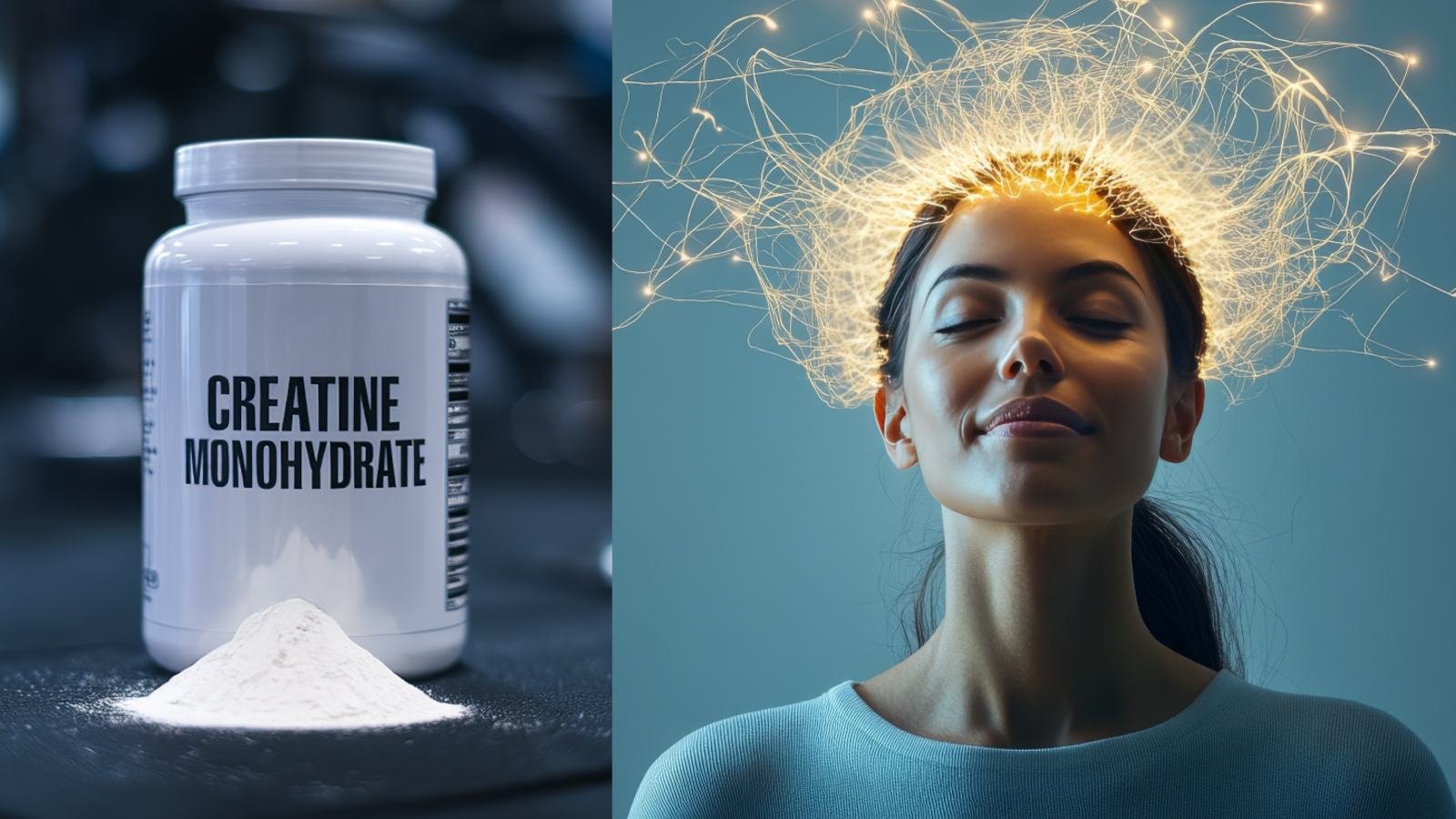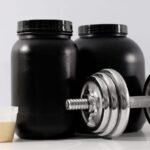Creatine is not just for muscles, it may also support brain health by boosting memory, focus, and mental energy. Know how to consume it!
Creatine has long been a go-to supplement for athletes and fitness enthusiasts. It is best known for boosting strength, endurance, and muscle recovery. It has gained popularity as one of the most trusted aids in the gym, helping the body push through intense workouts. However, many do not realise that creatine is not just about physical performance; it can also be beneficial for brain health. Since the brain, like muscles, needs a constant supply of energy to stay sharp, creatine may help support memory, focus, and even mood. Know how it can be beneficial for your brain!
How does creatine affect your brain?
Creatine is more than just a fitness supplement; it also plays a key role in brain health. Found naturally in foods such as meat and fish, and produced by the body, its primary function is to help cells generate energy. Since the brain is one of the most energy-demanding organs, creatine can make a real difference when mental performance is pushed to the limit. Here is how it helps:
- Boosts energy supply: Creatine helps brain cells produce more ATP—the fuel that powers every thought, reaction, and memory.
- Supports during fatigue: Supplements may help your brain work more efficiently when you feel stressed, tired, or sleep-deprived.
- Cognitive benefits: Research published in the Experimental Gerontology suggests that creatine could improve memory, focus, and overall cognitive function, especially in ageing brains.
In short, creatine does not just fuel muscles; it fuels your mind, too.
Can creatine really improve memory and focus?
Yes, creatine may also give your brain a boost, improving memory and focus. A 2022 meta-analysis published in Nutrition Reviews found that healthy people who took creatine showed improvements in memory and overall brain function compared to those on a placebo, with powerful benefits for older adults aged 66–77. A systematic review published in the journal Experimental Gerontology in 2018 found that taking creatine as a supplement can improve intelligence, reasoning, and mental performance in healthy people. Put, creatine might support sharper thinking at any age.

Does creatine help with stress, sleep loss, or mood?
Creatine can enhance brain performance under stress or sleep deprivation, especially at higher doses. A study in Scientific Reports found that participants who stayed awake all night and took a 35-gram dose of creatine performed better cognitively and experienced less brain fatigue than those on a placebo. Although researchers find the benefits promising, they still need to conduct more research to confirm them.
What is the best way to take creatine for brain benefits?
Creatine monohydrate is the most researched form for brain health. A typical dose is 5 grams daily, with some studies suggesting up to 10 grams may enhance cognitive support. While creatine is naturally present in foods like meat and fish, supplementation ensures you get a steady, consistent amount. It is also widely available in sports nutrition products. Consult a healthcare provider to determine the best product and dose for your condition.
Are there any risks or side effects?
Creatine is generally safe for most healthy adults and is one of the most widely studied supplements. Some people may experience water retention, bloating, or mild stomach discomfort with large doses or during a loading phase. Usually, these effects diminish as the body adjusts to the supplement. People with kidney issues or a tendency to dehydrate should consult a healthcare provider before starting any supplements. For the majority, creatine remains a safe, well-tolerated way to support both physical and cognitive health.






